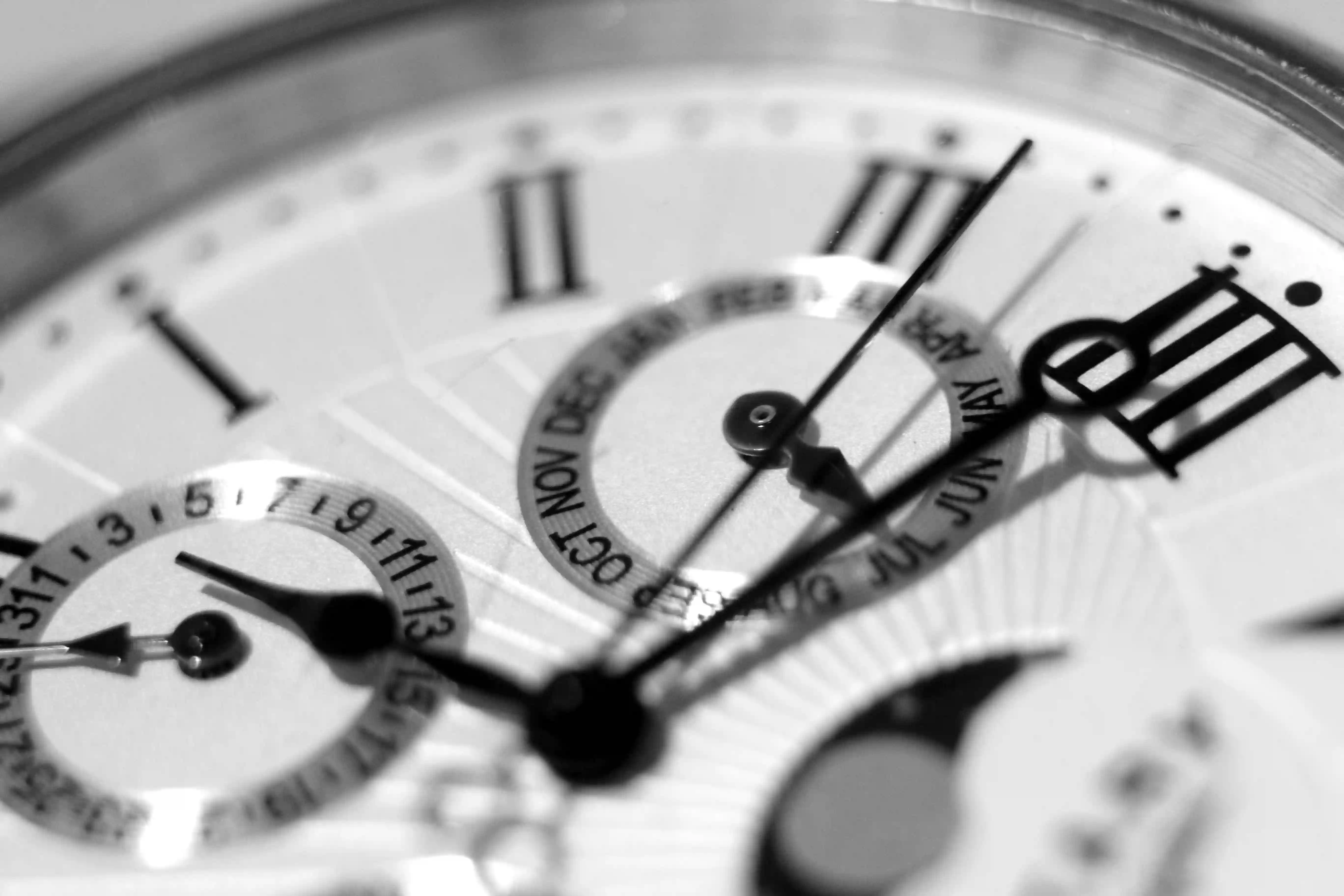Better to Skip Breakfast or Dinner in Intermittent Fasting?
Intermittent fasting has surged in popularity thanks to its simplicity and flexibility. Rather than focusing solely on calorie counting, this approach emphasizes when you eat—your intermittent fasting window. Yet a key question remains: is it more effective to skip breakfast for weight loss, or to forgo dinner instead? Drawing on recent studies and expert insights, this deep dive will help you choose the fasting pattern that aligns best with your metabolism, lifestyle, and goals.

What Is Intermittent Fasting—and Why Timing Matters?
At its core, intermittent fasting (IF) alternates periods of eating with periods of fasting. Common patterns include the 16:8 method—16 hours of fasting followed by an 8‑hour eating window—and alternate‑day fasting. But beyond the length of the fast, research increasingly shows intermittent fasting time (i.e., the placement of that window) can significantly impact metabolic health, fat burning, and insulin sensitivity.
The Case for Skipping Breakfast
1. Extending Your Overnight Fast
By skipping breakfast, you push your first meal later in the day—often after 12–16 hours of fasting. This extended fast can:
-
Boost fat oxidation and support weight loss by forcing your body to tap into stored fat for energy
-
Enhance insulin sensitivity, helping stabilize blood sugar levels throughout the day.
-
Sharpen mental clarity, as many fasters report increased alertness in a truly fasted state.
2. Simplicity & Convenience
Mornings can be hectic. Omitting breakfast—often your smallest meal—fits seamlessly into busy schedules, especially if you’re already pressed for time.
3. Potential Downsides
-
Post‑Lunch Blood Sugar Spikes: Some studies link breakfast skipping to higher glucose and insulin readings after lunch, hinting at reduced metabolic flexibility 1
-
Late‑Day Overeating: Heightened hunger may lead to overeating later, negating any calorie deficit.
-
Nutrient Gaps: Breakfast is a chance to pack in fiber, vitamins, and minerals—miss it without compensating at other meals, and you may fall short.
-
Cholesterol Concerns: Occasional research points to elevated LDL cholesterol in habitual breakfast skippers.
The Case for Skipping Dinner

1. Aligning with Your Circadian Rhythm
Eating earlier in the day syncs with your body’s natural clock. By having your last bite in the mid‑afternoon or early evening, you may:
-
Improve blood sugar control and insulin response after meals.
-
Maximize fat burning thanks to higher daytime metabolic rates.
2. Metabolic & Weight‑Loss Benefits
Controlled trials reveal that people who skip dinner—or simply eat it very early—often see:
-
Greater reductions in body weight and fat mass.
-
Better cardiometabolic markers, including lower blood pressure and cholesterol.
3. Potential Drawbacks
-
Social Disruption: Dinner is often family time; skipping it can interfere with social rituals.
-
Nighttime Hunger & Sleep: Going to bed hungry may disrupt sleep or cause late‑night snacking.
-
Energy Slumps: Some experience reduced evening productivity or fatigue.
-
Nutrient Shortfalls: If dinner is your main source of key nutrients, removing it without rebalancing can lead to deficiencies.
Breakfast vs. Dinner: A Side‑by‑Side Comparison
| Aspect | Skipping Breakfast | Skipping Dinner |
|---|---|---|
| Fasting Window | 12–16+ hours overnight/AM fast | 12–16+ hours afternoon/evening fast |
| Glucose & Insulin Effects | Possible post‑lunch spikes | Improved post‑meal profiles |
| Weight‑Loss Potential | Effective if overall calories are reduced | Equally or more effective with circadian perks |
| Nutrient Intake Risk | May miss fiber & micronutrients | Risk if not reallocated across other meal |
| Convenience & Social Fit | Easy for busy mornings; low social impact | May disrupt dinner rituals |
| Sleep & Evening Energy | Generally neutral; some report better sleep | Mixed—could harm or help sleep quality |
| Long‑Term Health Markers | Possible LDL increase | Potential cardiometabolic gains |
Expert Insights: What the Studies Say
-
Circadian Alignment Is Key
Time‑restricted eating that front‑loads calories (breakfast and lunch heavy, dinner light or skipped) synergizes with our internal clocks—optimizing hormone release, digestion, and energy use. 2 -
Dinner Skipping Edges Ahead
While both patterns can produce weight loss if calories remain controlled, the preponderance of evidence currently favors skipping dinner (or at least moving it earlier) for superior insulin sensitivity and metabolic health. 3 -
Personalization Wins
Ultimately, the “best” choice hinges on your routine, hunger cues, and social life. Consistency and nutritional adequacy—whether you skip breakfast or dinner—dictate long‑term success.

Putting It into Practice
-
Assess Your Lifestyle: If you’re not a morning person and rarely socialize at breakfast, skipping it may suit you. If evenings are calm and you crave morning fuel, consider an early dinner instead.
-
Monitor Your Body: Track energy levels, sleep quality, and digestion. If you notice afternoon crashes or nighttime wakefulness, tweak your approach.
-
Rebalance Your Meals: Missing one meal ups the importance of nutrient‑dense choices in the others. Prioritize lean proteins, fiber‑rich veggies, and healthy fats.
-
Stay Flexible: Life happens. Aim for 80% consistency—holiday dinners or early meetings need not derail a sustainable plan.
Key Takeaway
For optimal intermittent fasting time and metabolic benefits, evidence slightly favors skipping dinner or having your last meal earlier. However, skipping breakfast for weight loss remains a valid, convenient strategy—especially when it fits your daily rhythm. The ultimate winner is the routine you can stick to, one that balances metabolic gains with nutritional completeness and real‑life demands.
Whether you’re skipping breakfast, dinner, or just starting. Use our intermittent Fasting Calculator to take control of your fasting schedule.
Read More
What are the basic rules for intermittent fasting?

Unlock your best self! Discover essential intermittent fasting rules to boost energy, weight loss, and simplify healthy living.
Read moreHow to start intermittent fasting?

Struggling to begin? This guide shows exactly how to start intermittent fasting and stick with it. Boost energy, lose weight, feel amazing.
Read moreWhy is 16 hours the magic number for fasting?

Learn the science behind 16 : 8 intermittent fasting. Find out why a 16 hour fast boosts fat loss, improves metabolism, and supports longevity.
Read more